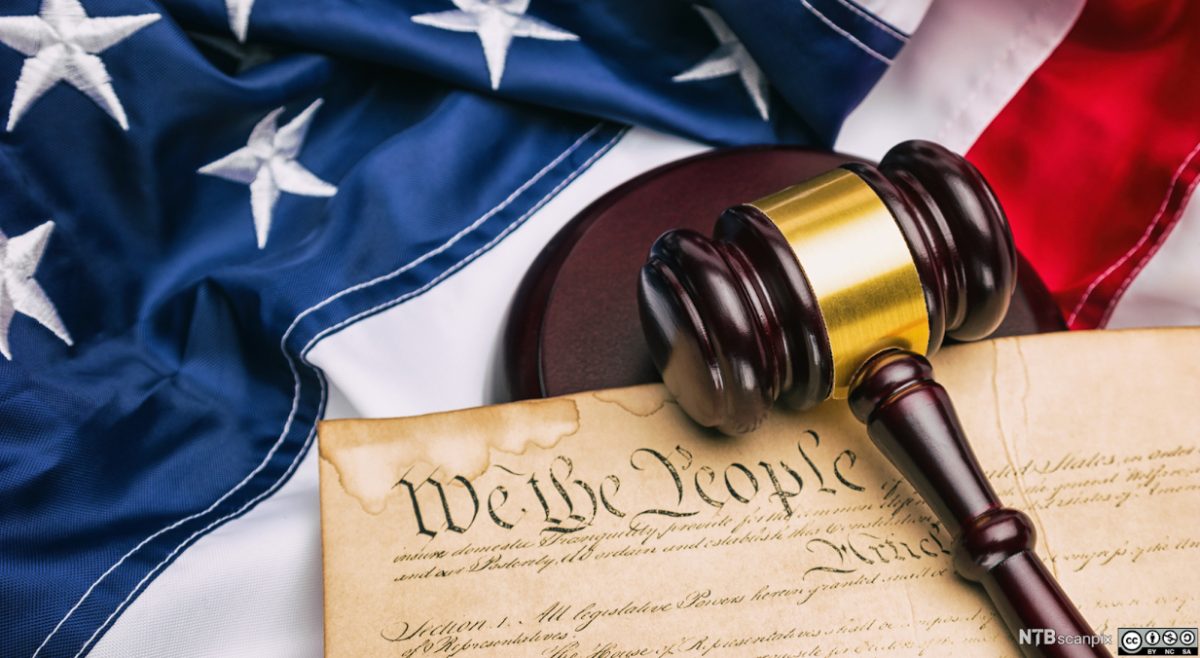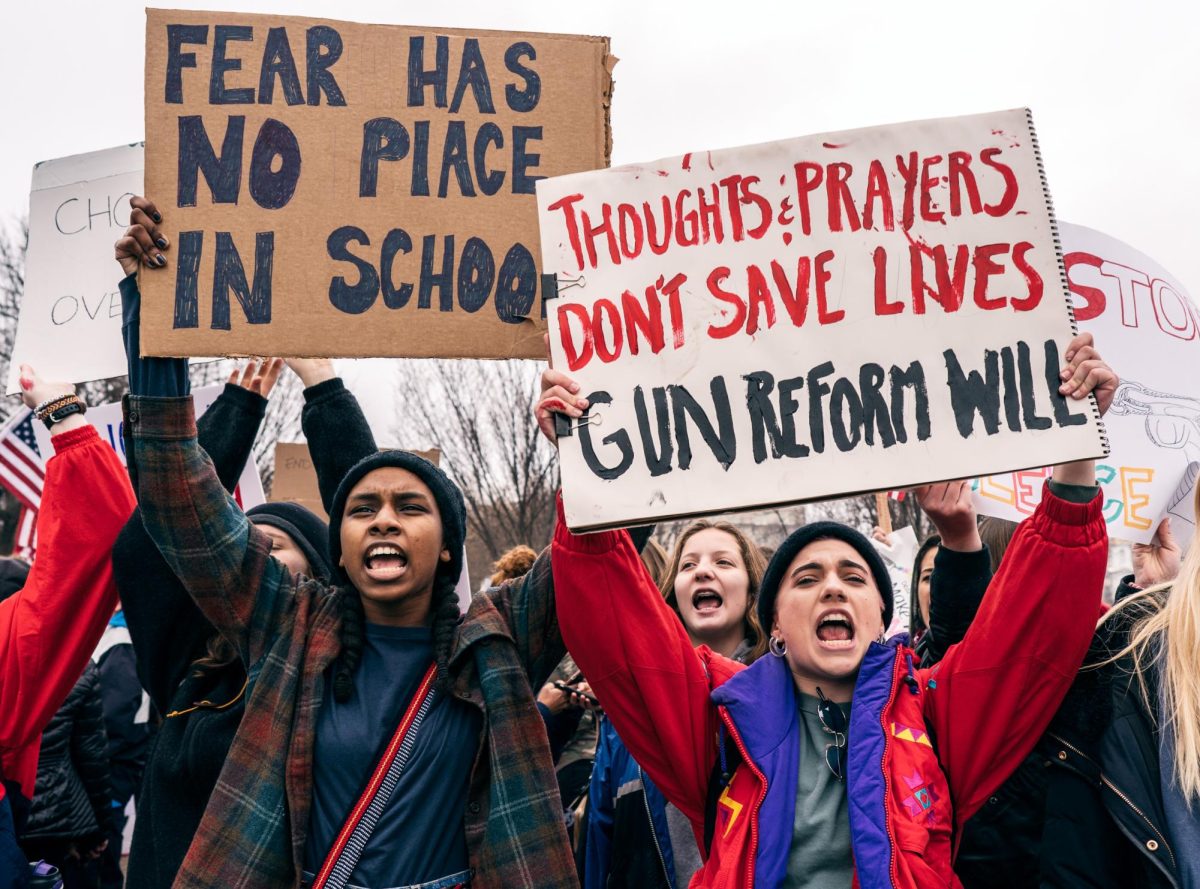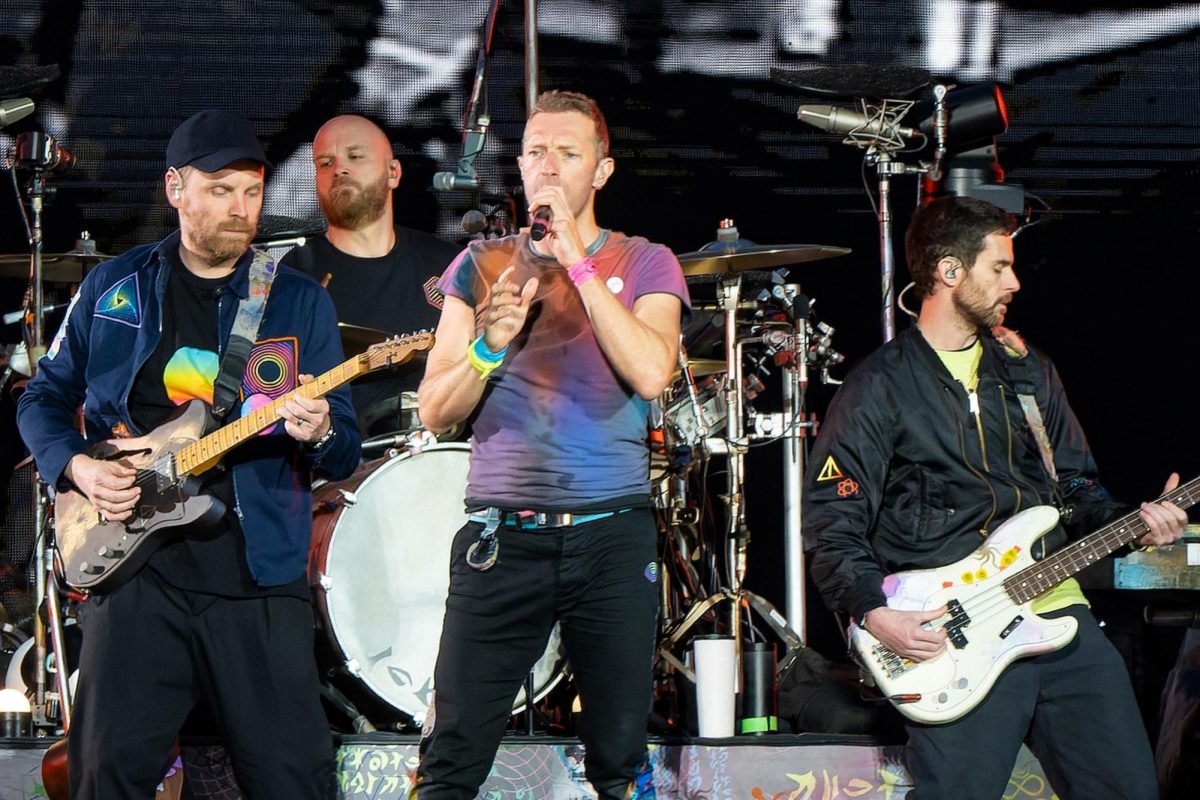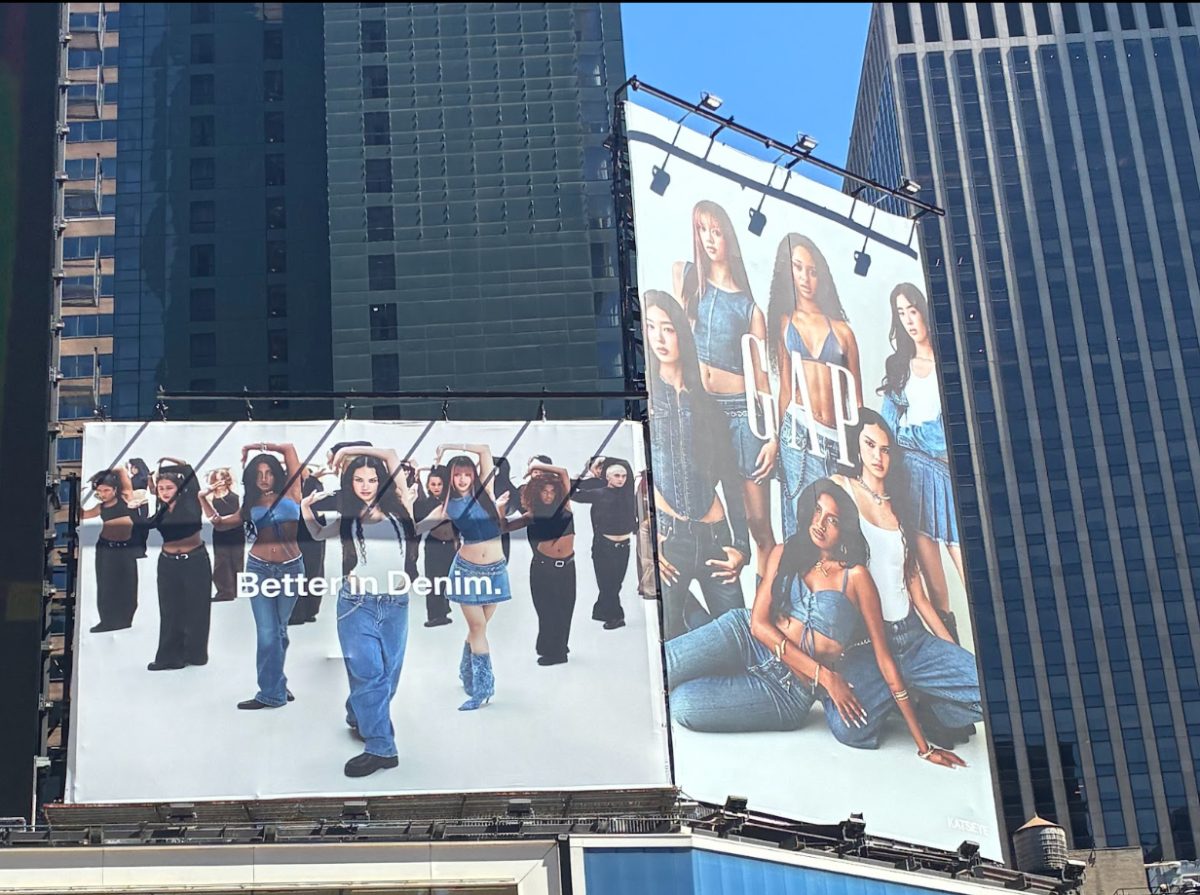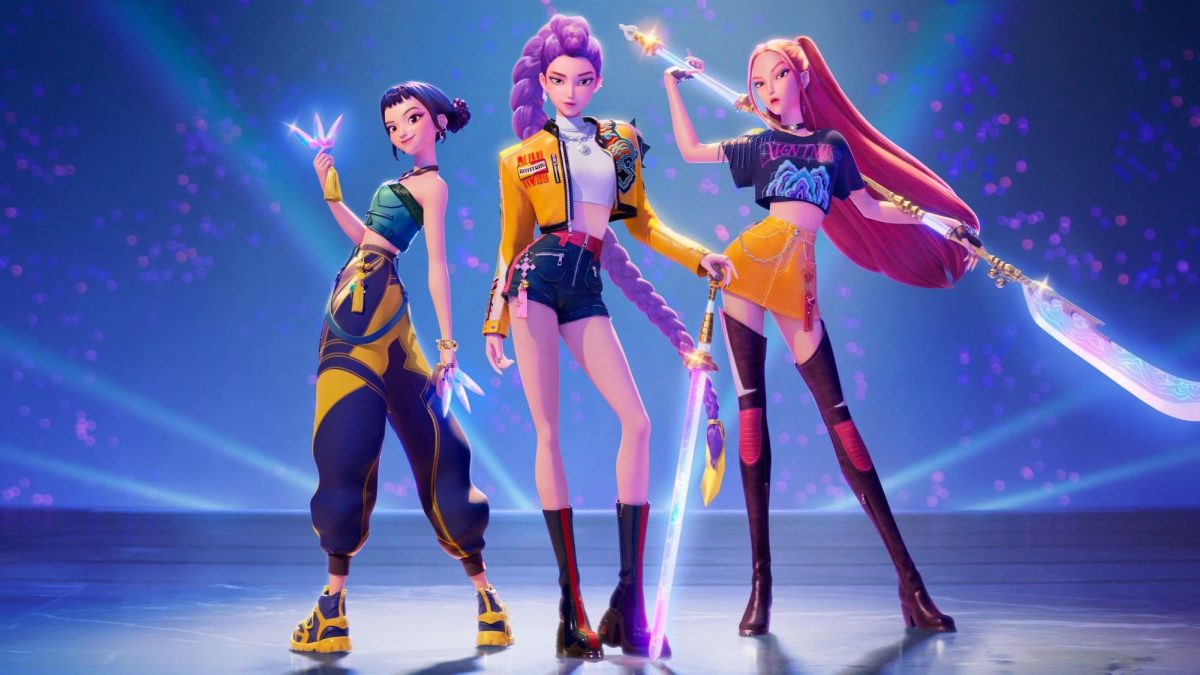Today, you can get political takes from anyone online. Did you want to know some TikTok doctor’s thoughts on the climate crisis? Do you wonder what an NBA player with likely little higher education believes about the socioeconomic state of the world? The view of a random person’s comment who gives half of the story, a sliver of knowledge and likely zero understanding of world events? In this day of constant online media, it is nearly impossible to stop the misinformation and subjectivity spreading across the Internet. Parasocial relationships are quickly turning more personal, with celebrities and media becoming expected to bleed politics into every interview and story. It is crucial to develop your understanding of issues outside of social media and to use data considering contrasting perspectives.
It’s deeply concerning that the views of uninformed celebrities are being considered on matters of policy and personal politics. While they are absolutely entitled to their opinion, it is dangerous to trust the endorsement of people who likely have done very little research into the topic. Take Antonio Brown, a retired NFL player, for example. Recently, he made an appearance at a Trump rally and endorsed him in a controversial and rambling speech. Brown previously has joked about the possibility that he has traumatic brain damage. He also had a prior accusation of sexual assault. It is worrying that someone like Brown would be given the platform to discuss his political leaning because he is clearly unfit for any political discussion. Brown was a talented and well-compensated football player, but he simply does not have the political knowledge or tact to be a spokesperson for a campaign. It seems that he only cares about his notoriety more than actual advocacy for his beliefs. There are far more educated and respectable people to represent a campaign.
This does not end with celebrities, as political news networks have been brought into the spotlight as bias in their audience has caused a divide in the country. The network you watch has become a stereotype: CNN if you’re a Democrat and Fox News if you’re Republican. This stems from the narrative each portrays, with their political commentators often appealing to the side of the aisle they are on. It seems that including contrasting perspectives is not an objective, but rather a limited quota that they need to fulfill. Transportation Secretary Pete Budedgieg notably makes regular appearances on Fox News, but this is much more of an outlier than the norm and he defends Democratic policies more than having unbiased political debate. It’s vital to understand and examine multiple perspectives on politics to have a full understanding of issues. Even if you believe a message or source is less valid, it is important to understand that it exists. Overall, we receive half of the story by receiving political news from the party we lean toward, and this is dangerous.
The sensationalized coverage of events is furthering this problem. It is dangerous for a company or prominent news source to prioritize clicks over respectable coverage, yet it continues to happen. This can lead to situations like the “Covington Catholic Boys”, where mass media can highly distort the narrative of an event. In this 2019 event, students wearing Trump-affiliated merchandise were demonized by national media for a rough encounter with an elderly Native American man, Nathan Phillips. The viral video clip of the event was proven to have been taken out of context and Phillips was found to be an uncredible witness, yet the students underwent heavy national criticism through an unobjective lens. People jumped to conclusions on a situation that turned out to be misrepresented. I am not claiming that the news is usually false, but they do exist to sell stories and with stories come narratives. The current 24-hour news cycle only furthers this because national media must fill time slots and continuously supply intriguing stories. This applies to both sides of the aisle, yet the lesson is the same.
Do your own research. Don’t allow an uninformed and unreliable celebrity to influence your beliefs. Don’t let your political leanings limit your perspective on issues. Don’t let the quick judgments of society distort the reality of the situation. It’s okay to have nuanced opinions on topics that are generally considered partisan and to do extensive research into something before forming a stance.
Some great, unbiased websites include EBSCO, which has historic journalistic articles, and Data.gov, which has government data on various topics. Also, NPR (National Public Radio) is widely considered an unbiased political security. Political research can get tedious, but it’s similar to using a credible source for a school paper versus Google. Sure, Wikipedia may be right, but real evidence is far more convincing than the general on an issue. Biases are inevitable, so aiming to limit them should be the goal.
Overall, the way you view the world is shaped by the media you consume. It’s crucial to ensure it is factual and broad. At the end of the day, we are only as informed as our sources are.


